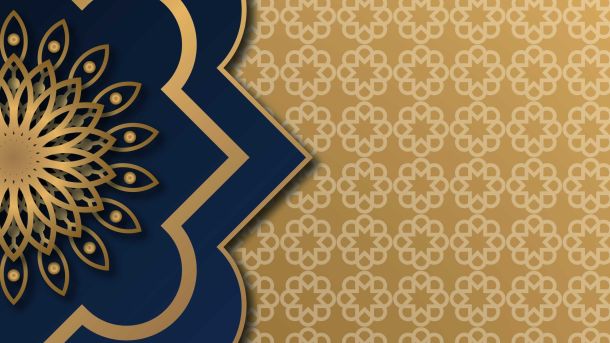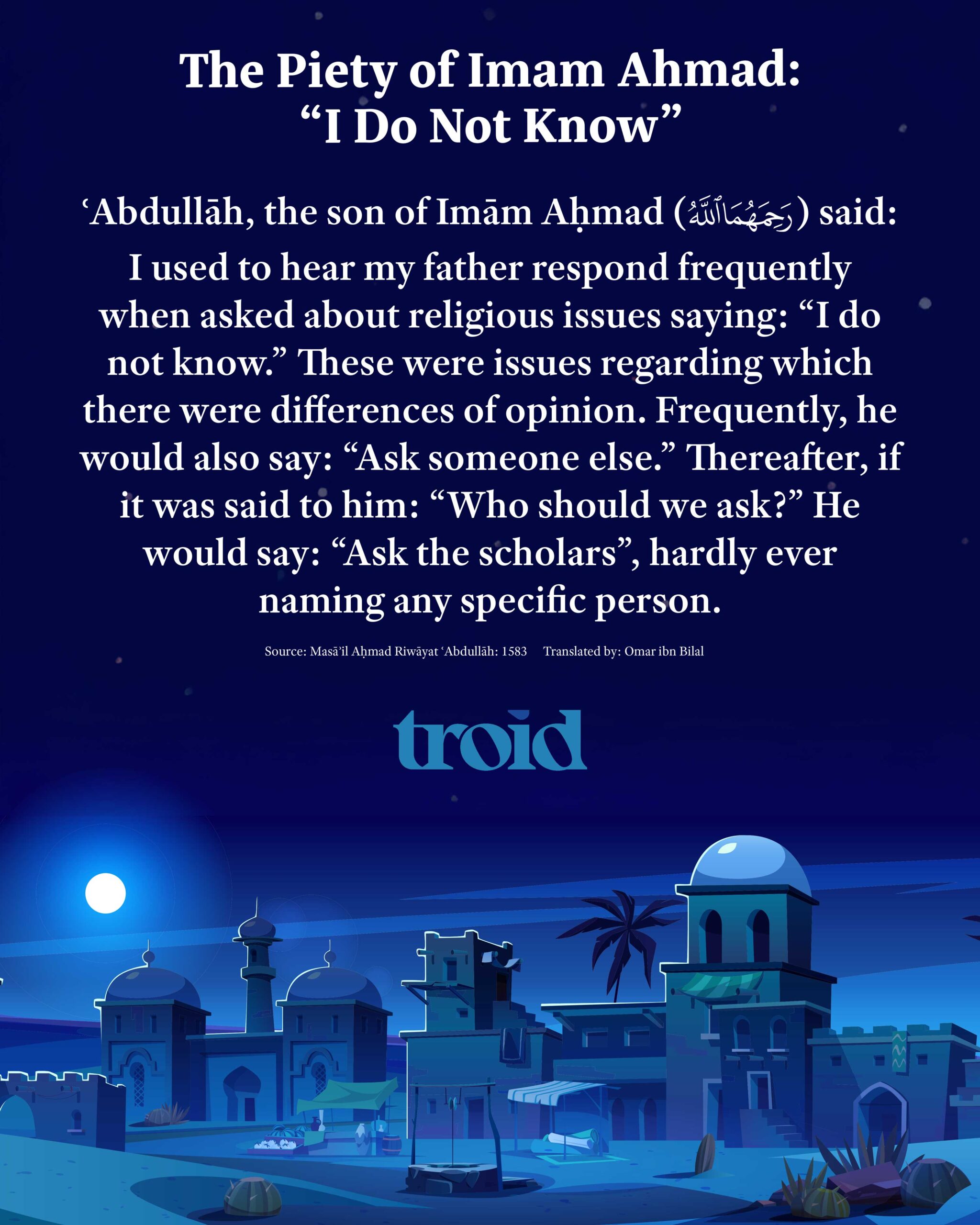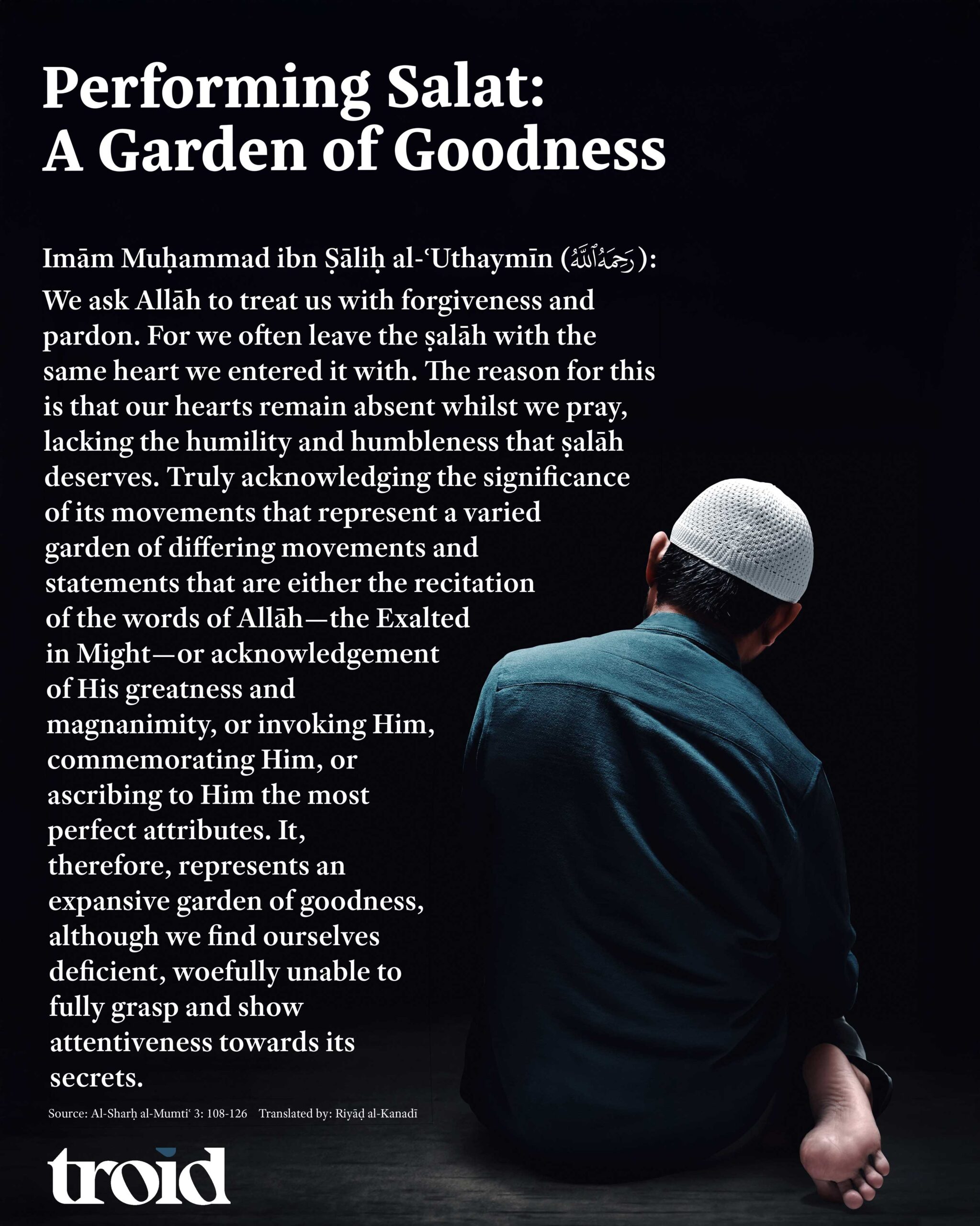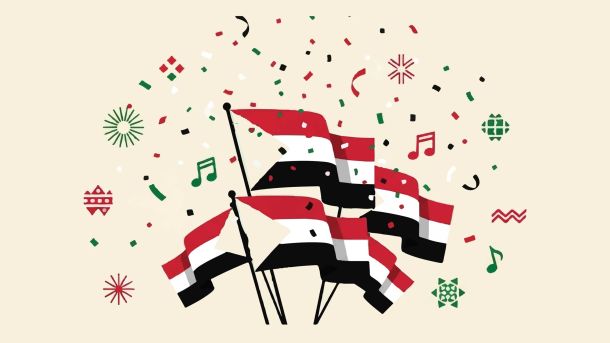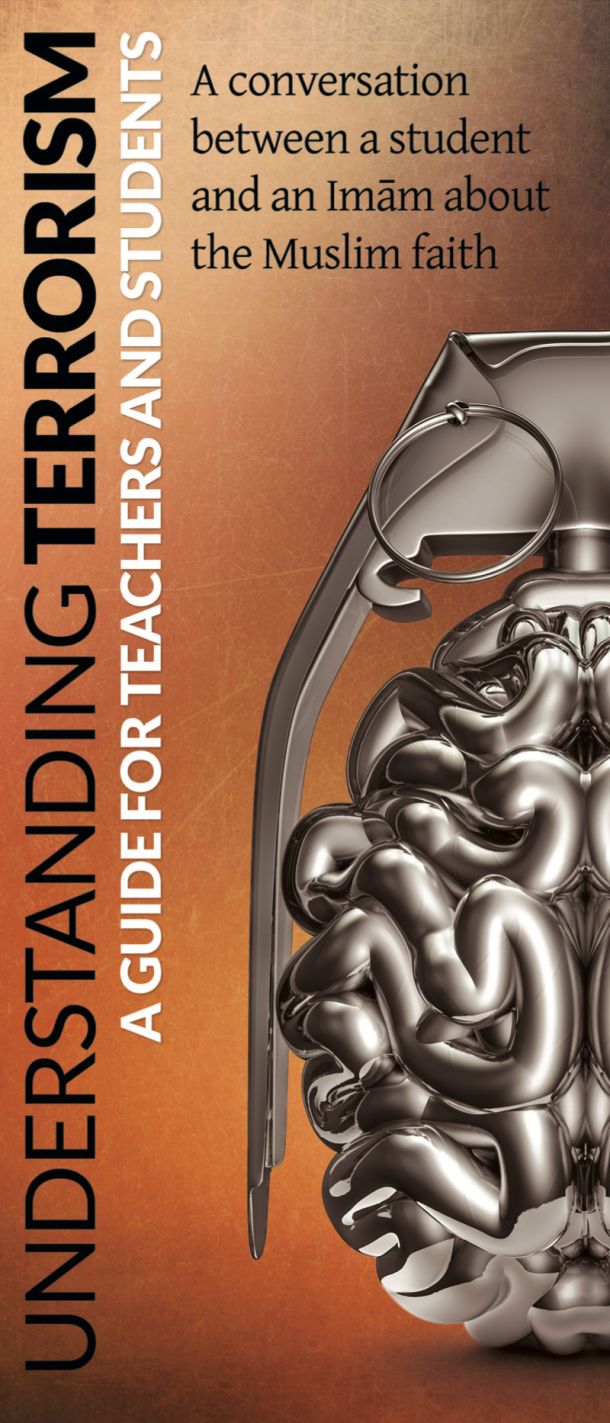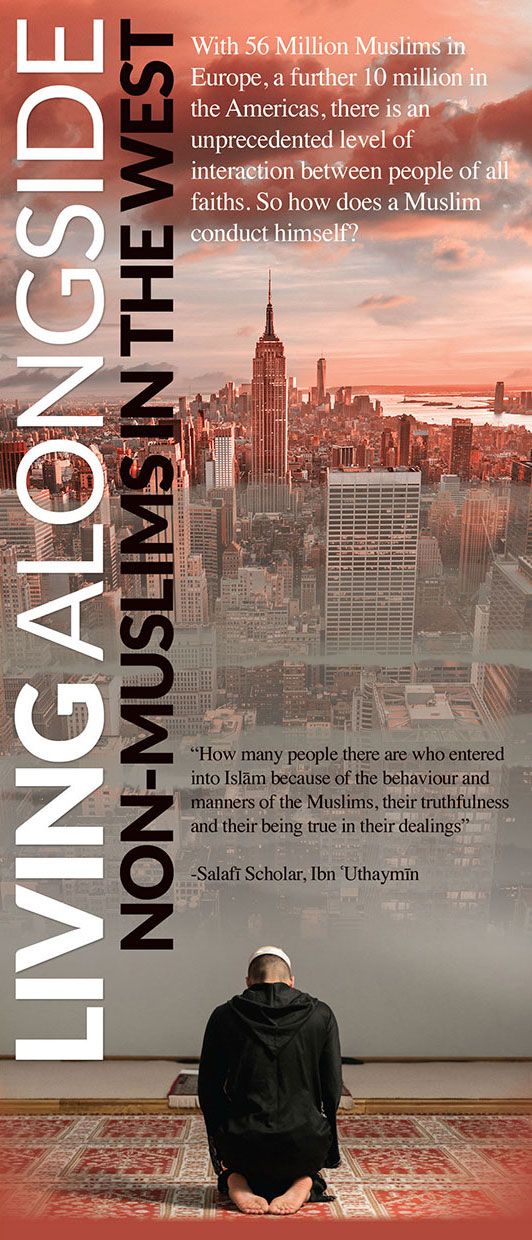Recent Items

Shaykh Uways al-Ṭawīl
Everyone’s Speech Is Subject to Acceptance or Rejection Except the Prophet (ﷺ)

Shaykh ʿAbdulillāh Lahmāmī
The Beautiful Names of Allāh: How to Practice What They Entail in Our Lives
Popular Items

Shaykh Uways al-Ṭawīl
Everyone’s Speech Is Subject to Acceptance or Rejection Except the Prophet (ﷺ)

Shaykh ʿAbdulillāh Lahmāmī
The Beautiful Names of Allāh: How to Practice What They Entail in Our Lives
Shaykh Uways al-Ṭawīl
Everyone’s Speech Is Subject to Acceptance or Rejection Except the Prophet (ﷺ)
5 beneficial points on: the obligation of following the truth, looking to the evidences, avoiding blind following, rejecting errors, and understanding the fallibility of men. A protocol for accepting or rejecting positions. From the Canada Webinar Series
Al-ʿAllāmah ʿUbayd ibn ʿAbdillāh al-Jābirī
What Is Taqwá and How Can It Be Achieved?
A beautiful admonishment regarding the attainment of taqwá and the importance of reminding and advising one other of this weighty affair.
Imām ʿAbd al-ʿAzīz ibn ʿAbdillāh ibn Bāz
Remaining Neutral in Disputes: Does This Stance Apply When the Oppressor Is Clearly Identifiable?
A response to an enquirer on the aḥadīth concerning fitnah or dispute, and how they apply to situations where the oppressor and the oppressed are clearly distinguishable.
Digital Daʿwah
Canada Webinar Series
Returning Sept. 2025 (إن شاء الله), we will be conducting a monthly webinar series with students of knowledge, connecting communities across Canada from east to west.
Beliefs
Imām ʿAbd Al-Raḥmān ibn Nāṣir al-Saʿdī
The Prohibition of Putting Oneself Ahead of Allāh and His Messenger (ﷺ)
A brief reminder of the obligation upon the Muslim to have taqwá of Allāh and to put the word of the Messenger of (ﷺ) ahead of all.
Imām ʿAbd al-Raḥmān ibn Nāṣir al-Saʿdī
Commensurating Between Allāh’s Guidance and Misguidance of the Disbelievers in the Qurʾān
A brief explanation on how those who are guided by Allāh are worthy of his guidance and those who are not are known for their oppression and arrogant sinning, and are thus not worthy.
Imām Ibn al-Qayyim
Understanding Engagement in Actions in Light of Divine Predestination
Evidence for the existence of divine decree, despite the claims of the Qadariyyah and Jabariyyah, and for the need for one to still engage in actions.
Al-ʿAllāmah ʿAbd al-Muḥsin al-ʿAbbād
True Faith Stipulates Loving the Messenger (ﷺ) More Than Anyone
An explanation, with examples, on what is meant by loving the Messenger of Allāh (ﷺ) more than anyone else, as well as the categories of love that exist and how this love for the Messenger of Allāh (ﷺ) should be manifested.

Imām ʿAbd al-ʿAzīz ibn ʿAbdillāh ibn Bāz
Remaining Neutral in Disputes: Does This Stance Apply When the Oppressor Is Clearly Identifiable?
A response to an enquirer on the aḥadīth concerning fitnah or dispute, and how they apply to situations where the oppressor and the oppressed are clearly distinguishable.

Clarifying the Truth Is More Virtuous Than Remaining Silent
A letter sent from Shaykh ‘Abd al-Laṭīf b. ʿAbd al-Raḥman Āl Al-Shaykh (d. 1293 AH) to Shaykh Ḥamd b. ʿAṭīq (d. 1301 AH) on the state of affairs and the need for Ahl al-Sunnah to rise up and clarify the truth and defend its people.
Al-ʿAllāmah Rabīʿ b. Hādī al-Madkhalī
Holding Firmly to the Path of the Companion’s
Historically those who followed the sunnah of the Prophet (ﷺ), namely the companions and those with them, were protected from deviation, however those who follow their desires and rational arguments find themselves led astray.
Guarding the Heart from Innovation

If You Sit with Ahl al-Bidʿah You Stand Against the Sunnah
It is impossible to sit with the people of Sunnah and innovation simultaneously and still be from the People of Sunnah.
Videos
Everyone’s Speech Is Subject to Acceptance or Rejection Except the Prophet (ﷺ)
Shaykh Uways al-Ṭawīl
5 beneficial points on: the obligation of following the truth, looking to the evidences, avoiding blind following, rejecting errors, and understanding the fallibility of men. A protocol for accepting or rejecting positions. From the Canada Webinar Series
Shaykh Uways al-Ṭawīl
Everyone’s Speech Is Subject to Acceptance or Rejection Except the Prophet (ﷺ)
5 beneficial points on: the obligation of following the truth, looking to the evidences, avoiding blind following, rejecting errors, and understanding the fallibility of men. A protocol for accepting or rejecting positions. From the Canada Webinar Series
Al-ʿAllāmah Ṣāliḥ al-Fawzān
How the Correct Creed Is Reflected in the Muslim’s Life
An understanding that Lā Illāha Illá Allāh is not merely a statement on the tongue but a way of life built upon the correct understanding (ʿaqīdah) and righteous actions (ʿibādah).
Most Popular Basics: Last 30 Days
Imām Ibn Kathīr
Refer Matters of Differing Back to the B…
Al-ʿAllāmah Ṣāliḥ al-Fawzān
How People Stray from the Straight Path
Al-ʿAllāmah Ṣāliḥ ibn al-Fawzān
The People of Sunnah Are the People of Ḥ…
Al-ʿAllāmah ʿUbayd ibn ʿAbdullāh al-Jābi…
Fundamentals and Principles of Islām
Imām Muḥammad ibn Ṣāliḥ al-ʿUthyamīn, al…
Is It Obligatory to Choose a Madh`hab fr…
Imām Muḥammad ibn ʿAlī ibn Ādam al-ʾIthyūbī
Will One Gain Rewards for His Good Deeds Before Islām and Can Sinfulness After Islām Negate This?
An explanation of the status of sins committed pre-Islam and what happens when a convert then indulges in sins.
Munīb al-Ṣumālī
Gems from the Introduction to Sunan Ibn Mājah
Selected aḥādīth from the powerful introduction to Sunan Ibn Mājah, a section rich in ʿaqīdah, manhaj, and foundational guidance for every Muslim. Explanations from al-ʿAllāmah ʿUbayd al-Jābirī (رحمه الله), Imām Muḥammad ʿAlī Ādam al-ʿIthyūbī (رحمه الله), and other scholars of Ahl al-Sunnah.

Imām Ibn al-Qayyim
More Astray than Cattle – Understanding the Misguided Status of the Disbelievers
An interpretation of the parable of disbelievers’ misguidance.

Imām ibn al-Qayyim, Imām Ibn ʿUthaymīn, Imām Ibn Bāz, al-ʿAllāmah Ṣāliḥ al-Fawzān
The Straight Path Is One, All Other Paths Lead to Destruction
A reminder that only the straight path is the path of Allāh, as well as various reasons as to why one may stray away from this straight path.
Performing Salat: A Garden of Goodness
Imām Muḥammad ibn Ṣāliḥ al-ʿUthaymīn
The Difference Between Ghusl (Ritualistic Shower) to Remove Janābah (impurity) and a Common Shower
Al-ʿAllāmah Ṣāliḥ al-Fawzān
Ritualistic bathing and other recommended baths are considered forms of worship as they require an…
Is It Legislated to Say: “My Lord I Did Not Worship You Desiring Your Paradise!”
Imām Muḥammad Nāṣir al-Dīn al-Albānī
Disproving the fallacy that one should not worship Allāh seeking paradise or refuge from the fire…
The Course of Action When Uncertain of Which Came First: Completing Wuḍūʿ or Breaking Wūḍūʿ
Imām Muḥammad ibn Ṣāliḥ al-ʿUthaymīn
Understanding the different opinions when uncertain whether or not one’s wuḍūʿ is still valid and w…
The Master of Invocations in Seeking Forgiveness
Imām Ibn al-Qayyim, Shaykh al-Islām Ibn…
A comprehensive line-by-line explanation of the best duʿāʾ one can make when repenting to his Lord.
The Ruling on Praying in a Graveyard

Imām Muḥammad ibn Ṣāliḥ al-ʿUthaymīn
The Ruling on Severing One’s Intention in Ṣalāh

Imām Muḥammad ibn Ṣāliḥ al-ʿUthaymīn
The Validity of the Prayer of Those Praying Behind an Imām Whose Ṣalāh Is Invalid or Becomes Invalidated

Imām Muḥammad ibn Ṣāliḥ al-ʿUthaymīn
The Issue of Confusing Ḥarām and Ḥalāl Clothing When Performing Ṣalāh

Imām Muḥammad ibn Ṣāliḥ al-ʿUthaymīn
أوقات الصلاة
Prayer Times
| Ṣalāh | Adhān |
|---|---|
Fajr | 05:50 |
Ẓuhr | 12:50 |
ʿAṣr | 15:50 |
Maghrib | Sunset |
Jumuʿah | 1:00 PM (EST) | 1:30 PM (DST) |
ʿIshāʾ | 19:50 |

Seeking Knowledge
Al-ʿAllāmah Sāliḥ al-Fawzān
The Permissibility of Reciting the Qurʾān Lying Down
Evidence in favour of it being permissible to recite the Quran in any position, so long as a person is not in a state of janābah.

Imām Muḥammad ibn Ṣāliḥ al-ʿUthaymīn
The Importance of Acting in Accordance with One’s Knowledge
A warning against not acting in accordance with one’s knowledge as this will result in eventual loss of this knowledge by Allāh, and likewise the one who acts in accordance with his knowledge Allāh will supplement with more knowledge.

Imām Muḥammad ibn Ṣāliḥ al-ʿUthaymīn
What It Means to Be Sincere When Seeking Knowledge
The five means by which sincerity when seeking knowledge may be attained including intending to fulfil Allāh’s command, intending to preserve, protect, and follow the sharīʿāh, and intending to rid oneself and others of ignorance.
Qurʾān & Ḥadīth
Al-ʿAllāmah Ṣāliḥ al-Fawzān
Defining Qudsī Hadiths and How They Differ from Qurʾān
Four important differences between the Qudsi Hadiths — which are Allāh’s words that are narrated from the Prophet (ﷺ) — and the Qurʾān.
Imām ʿAbd al-Raḥmān ibn Nāṣir al-Saʿdī
Islamic Legislation in the Face of Scientific Advancement
The Three Matters That Stipulate Happine…
Imām ʿAbd al-Raḥmān ibn Nāṣir al-Saʿdī
Understanding the Ḥadīth: Leave That Whi…
Imām al-Nawawī, Imām Ibn Rajab al-Ḥanbalī
Abstaining from Prohibitions, Fulfilling…
Al-ʿAllāmah ʿAbd al-Muḥsin al-ʿAbbād
We Were in Ignorance and Evil
Shaykh Uways al-Ṭawīl

Imām Ibn Rajab al-Ḥanbalī
The Difference Between Envy and Praisewo…
A discussion on the importance of striving for goodness whilst refraining from cursing those that excel naturally. Muslims should love and encourage those trying to engage in praiseworthy acts.

Imām Ibn Rajab
The Four Foundations of Evil
An explanation of how the interplay of desire, terror, lust, and anger comprise the root of all evils.

Al-ʿAllāmah Ṣāliḥ al-Fawzān
The Impermissibility of Keeping Bad Comp…
A question on how to interact with friends who do not practice Islām.

Imām Muḥammad al-Amīn al-Shinqīṭī
The Difference Between Miskīn and Faqīr
An explanation on how the meanings of miskīn and faqīr differ based on the context and which is defined as being more destitute.
Leaflets
Family

Imām Muḥammad Nāṣir al-Dīn al-Albānī, Al-ʿAllāmah al-Shawkānī, Imām Muḥammad ibn Ṣāliḥ al-ʿUthaymīn, Al-ʿAllāmah ʿAbd al-Raʾūf al-Manāwī, Al-ʿAllāmah Ibn al-Mulaqqin, Al-ʿAllāmah Muḥammad ibn Ālī ibn Ādam al-Ithyūbī, Al-ʿAllāmah ʿAbd al-Muḥsin al-ʿAbbād, Al-ʿAllāmah Muḥammd al-Amīn al-Hararī
Love, Romance, and the Proper Treatment of One’s Family as Exemplified by the Noble Prophet (ﷺ)
Nine points describing how a man can live honourably with his wife, and three points of advice for married couples from Imām al-Albani.
The Five Things Specifically Granted to the Prophet Muḥammad (ﷺ)
Imām ʿAbd al-Raḥmān ibn Nāṣir al-Saʿdī
Benefits from the Life of Imām Aḥmad b. Hanbal (d. 241 AH)
Abū ʿAbd al-Raḥmān Hilāl
Most Popular: Last 30 Days

Everyone’s Speech Is Subject to Acceptance or Rejection Except the Prophet (ﷺ)
Shaykh Uways al-Ṭawīl

The Beautiful Names of Allāh: How to Practice What They Entail in Our Lives
Shaykh ʿAbdulillāh Lahmāmī

Performing Salat: A Garden of Goodness
Imām Muḥammad ibn Ṣāliḥ al-ʿUthaymīn

Salafiyyah Is Not a New Call
Imām al-Dhahabī

Remaining Neutral in Disputes: Does This Stance Apply When the Oppressor Is Clearly Identifiable?
Imām ʿAbd al-ʿAzīz ibn ʿAbdillāh ibn Bāz















